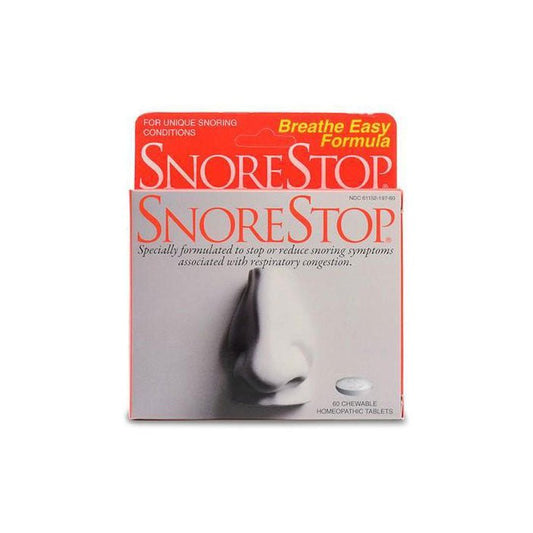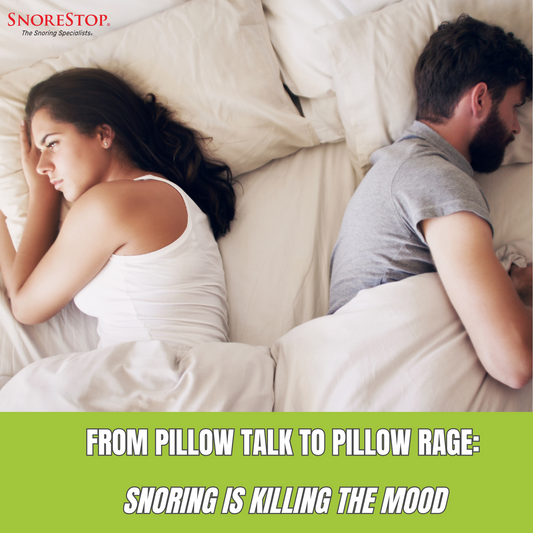
Snoring in females is a common yet often overlooked issue that can significantly impact sleep quality and overall health. While snoring is frequently associated with men, many women experience it due to various physiological and lifestyle factors. Understanding the causes of snoring in females is crucial for effective management and treatment.
1. What are the primary causes of snoring in females?
Several factors contribute to snoring in females:
-
Hormonal Changes: Fluctuations in estrogen and progesterone levels, especially during perimenopause and menopause, can lead to decreased muscle tone in the airway, increasing the likelihood of snoring.
-
Weight Gain: Excess weight, particularly around the neck, can compress the airway during sleep, leading to snoring.
-
Nasal Congestion: Allergies, sinus infections, or colds can cause nasal blockages, forcing mouth breathing and resulting in snoring.
-
Sleep Position: Sleeping on the back can cause the tongue and soft palate to collapse to the back of the throat, obstructing the airway.
-
Use of Sedatives or Alcohol: These substances relax the muscles of the throat, increasing the risk of airway obstruction during sleep.
2. How does menopause affect snoring in women?
Menopause brings about hormonal changes that can influence sleep patterns and airway stability:
-
Decreased Estrogen and Progesterone: These hormones help maintain muscle tone in the airway. Their decline can lead to increased collapsibility of the airway during sleep.
-
Weight Gain: Menopausal women often experience weight gain, particularly around the abdomen and neck, which can exacerbate snoring.
-
Sleep Disturbances: Hot flashes and night sweats can disrupt sleep, leading to fragmented sleep patterns and increased snoring episodes.
3. Is snoring in females a sign of a more serious health condition?
While occasional snoring is common, persistent snoring in females can indicate underlying health issues:
-
Obstructive Sleep Apnea (OSA): A condition where the airway becomes partially or completely blocked during sleep, leading to breathing pauses. OSA is associated with increased risks of hypertension, heart disease, cognitive decline, and stroke.
-
Cardiovascular Issues: Chronic snoring can be linked to elevated blood pressure and other cardiovascular problems. Snoring, particularly severe snoring, can contribute to plaque buildup in the carotid arteries.
-
Mental Health Concerns: Poor sleep quality due to snoring can lead to mood disturbances, increased depression, and anxiety.
4. What lifestyle changes can help reduce snoring in females?
Implementing certain lifestyle modifications can alleviate snoring:
-
Weight Management: Losing excess weight can reduce fatty tissue in the throat, decreasing airway obstruction.
-
Sleep Position: Sleeping on one's side can prevent the tongue and soft palate from collapsing into the airway. Or using a pillow that helps elevate the head slightly.
-
Avoiding Alcohol and Sedatives: These substances relax throat muscles and collapse soft tissues, so limiting their intake, especially before bedtime, can help.
-
Establishing a Regular Sleep Routine: Consistent sleep patterns can improve overall sleep quality.
-
Treating Nasal Congestion: Using nasal decongestants, diffusing essential oils, or allergy medications can improve airflow through the nose.
5. When should a woman consult a healthcare professional about snoring?
It's advisable to seek medical attention if:
-
Snoring is Loud and Chronic: Especially if it disrupts the sleep of others or is accompanied by gasping or choking sounds.
-
Daytime Fatigue: Persistent tiredness during the day can indicate poor sleep quality due to snoring.
-
Observed Breathing Pauses: If someone notices that you stop breathing during sleep, it could be a sign of OSA.
-
Morning Headaches or Sore Throat: These can be symptoms associated with sleep-disordered breathing.
Consulting a healthcare provider can lead to proper diagnosis and treatment, improving sleep quality and overall health.
Nearly 1 in 4 women snore — and many don’t even realize it. Factors like age, sleep position, and nasal congestion can all play a role. Understanding the causes and implications of snoring in females is essential for effective management. By recognizing the signs and making appropriate lifestyle changes women can improve their sleep quality and overall well-being. SnoreStop offers a natural, proven solutions to help reduce snoring at its source — no bulky devices, no discomfort. Take the first step toward quieter, healthier sleep.
References:
-
Sleep Foundation: What Causes Snoring In Women?
-
PubMed Central: Benzodiazepine Use and Snoring in Women








